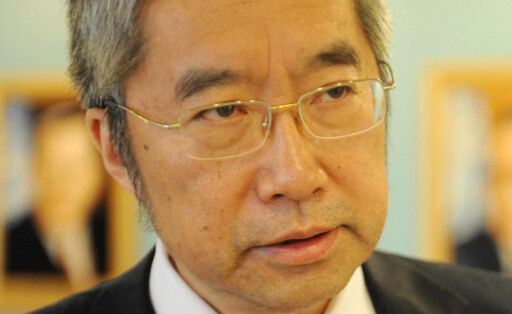The bankruptcy of the Chinese real estate developer Evergrande gripped international stock markets in 2021. Protests by desperate Evergrande investors and rescue attempts through e-mobility investments as well as China’s "three red lines" policy followed suit. Read all the important and latest news on China’s Evergrande from the China.Table editorial team.
China: What happened in the Evergrande crisis?
Evergrande is one of the largest property developers in China. It is currently also the most indebted real estate group in the world. In the fall of 2021, Evergrande was no longer able to come up for its hundreds of billions of dollars in debt. The crisis posed an immense challenge to the Chinese financial and real estate system.
Evergrande New Energy Vehicle and more: What measures were taken in the Evergrande crisis?
The real estate sector accounts for more than a quarter of China's economic growth. Seventy percent of the wealth of Chinese households lies in real estate. A collapse of the sector could thus lead to sentiments from the public. To counteract the collapse of the Chinese real estate market and the unrest within the population, the Chinese leadership introduced "three red lines" even before Evergrande’s bankruptcy. In addition, Evergrande also invested in the electric mobility sector with Evergrande's subsidiary Evergrande New Energy Vehicle (NEV).
The Evergrande crisis is far from being solved in 2022. After the insolvency announcement and rescue attempts using the subsidiary Evergrande New Energy Vehicle in the field of electric mobility, domestic investors seem to slowly breathe a sigh of relief. Furthermore, the government tried to ease the worries on the real estate market by lowering interest rates at the end of 2021.


